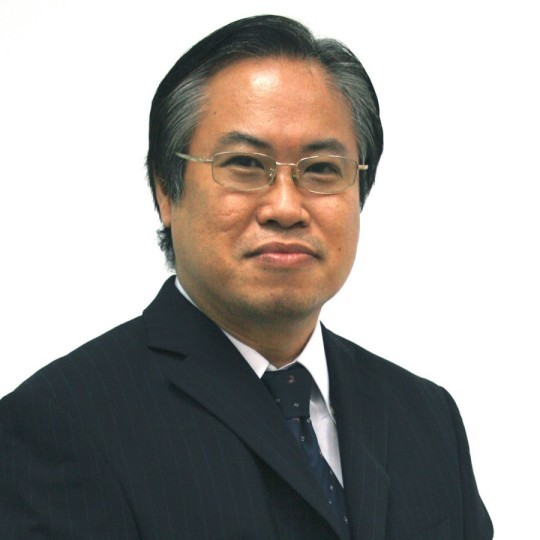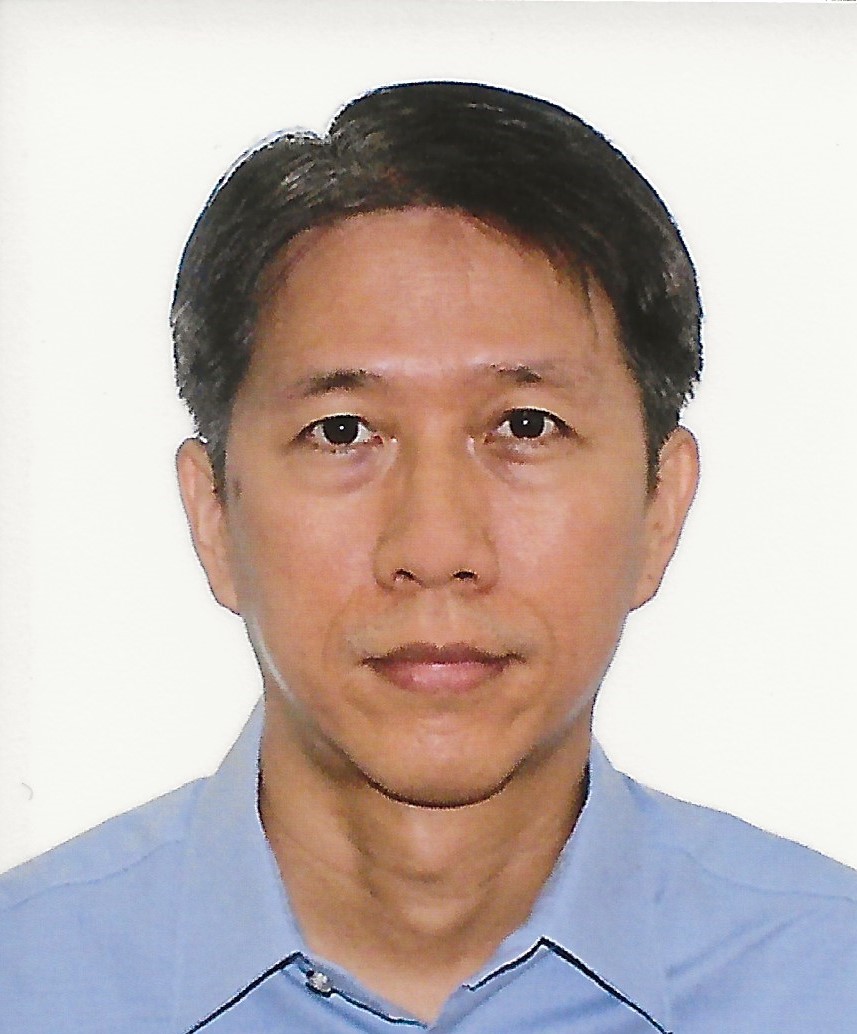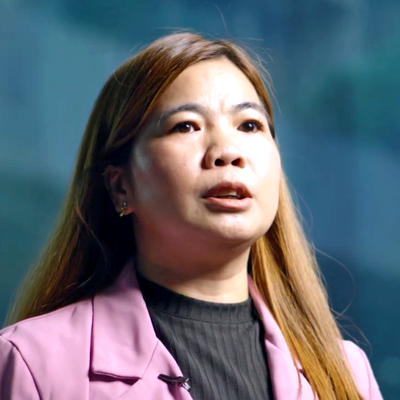
OVERVIEW
About This Programme

The Master of Science in Engineering Management equips students with the advanced knowledge and practical skills required to manage complex engineering projects and systems. This programme focuses on sustainable practices, data-driven decision-making, and quality management, preparing graduates to address contemporary challenges in engineering and logistics.
Through a blend of theoretical foundations and real-world applications, students gain expertise in leadership, stakeholder management, sustainable engineering, and applied research, fostering innovation and efficiency in engineering management. Upon completion, the degree will be awarded by the University of East London.
Ranked Top 24% Globally Times Higher Education Impact Ranking 2023
12 month | fast track degree
Practical and theoretic modules such as Sustainable Engineering
Guided career sessions
MODULES
Designed to explore beyond subject knowledge
The programme covers foundational topics such as Leadership, Stakeholders & Data Analytics and Sustainable Engineering Practice & Logistics, equipping students with the tools for effective decision-making and sustainable project delivery. Modules like Quality Management & Reliability and Mental Wealth: Professional Life focus on enhancing quality, reliability, and the role of engineers in industry and society.
Graduates will also undertake Applied Research & Engineering Practice, where they apply research methods to solve real-world engineering challenges. This programme provides a comprehensive curriculum that ensures students are well-prepared for leadership roles in engineering management.
Leadership, Stakeholders & Data Analytics
This module focuses on delivering sustainable engineering solutions through individual and team ownership, effective process management, and the creative use of tools and data. Students will develop interpersonal skills to motivate and coordinate stakeholders, ensuring successful change processes, while enhancing their ability to analyse data across disciplines. The module covers trend analysis, variable correlations, quality control, and risk minimisation, equipping students to make informed decisions for optimal engineering solutions.
Quality Management & Reliability
This module provides insights into creating quality in products, services, and engineering solutions by adopting a holistic approach to product design, manufacturing, and support. Students will explore quality management and reliability engineering through real-world examples, examining their theoretical foundations, strengths, and weaknesses, and addressing the shift from product-oriented to service-oriented client expectations.
Sustainable Engineering Practice & Logistics
This module focuses on delivering sustainable engineering projects through greener practices and sustainable development. Students will explore environmental challenges and opportunities, industry output, and the integrated processes of design, operation, and management. The module also covers health and safety management within engineering sectors, including regulations and management systems.
Applied Research & Engineering Practice
This module focuses on addressing engineering challenges through innovative solutions, providing students with the opportunity to explore a research topic in depth using appropriate research methods.
Students will interpret results within an engineering context, engage in critical discussions, and draw conclusions through a research dissertation relevant to their programme. The module emphasises planning, time management, and engineering judgement while applying principles of engineering practice, highlighting systematic processes for defining and resolving problems.
Full programme structure & learning outcomes
Get details and learn about the advantages of learning with LSBF.
what to expect
What to expect from this programme
Programme Aims
- Equip ambitious technical professionals with the skills and knowledge required for senior roles involving technical, management, and strategic decision-making responsibilities.
- Support recent graduates, apprentices, and experienced professionals in transitioning into management roles and broadening their expertise beyond specific technical fields.
- Enable learners to update, extend, and deepen their knowledge in engineering and management, enhancing career opportunities or preparing for further academic research.
- Develop the ability to apply fundamental principles and techniques to produce creative engineering solutions.
- Equip postgraduates with the skills to evaluate theoretical frameworks and select appropriate tools for analysing complex management systems.
- Foster competence in applying research techniques, utilising primary and secondary sources, to undertake investigative projects in Engineering Management.
- Enhance academic, personal, and professional development, fostering self-evaluation, reflective practice, and lifelong learning.
- Promote the application of professional and ethical principles, standards, and practices within the Engineering Management discipline.
- Cultivate critical awareness of current issues in Engineering Management, enabling postgraduates to propose innovative, sustainable, and profitable solutions.
Learning Outcomes
Knowledge Skills
- Demonstrate comprehensive and critical understanding of advanced theories and practices in engineering management.
- Apply scientific principles and tools relevant to their specialisation with a critical perspective.
- Identify and evaluate new and emerging theories and tools in the field.
- Develop and apply models for solving engineering and project management problems, assessing their limitations in specific cases.
- Collect and analyse research data, using appropriate tools to address unfamiliar problems, including those with uncertain or incomplete data.
Intellectual Skills
- Apply original thinking to develop practical solutions for products, systems, components, or processes.
- Evaluate current practices and their limitations while appreciating potential new developments.
- Attain advanced knowledge and understanding of a wide range of engineering management principles.
- Critically evaluate risks and understand the foundations of such risks.
Subject-Based Practical Skills
- Undertake and complete a research project effectively.
- Analyse and interpret quantitative and qualitative data.
- Use computer analysis tools and develop appropriate models for engineering management.
- Conduct critical assessments and create appropriate conceptual schemes.
- Understand and apply ethical and legal principles in engineering management.
- Implement engineering and project management techniques, considering commercial and industrial constraints.
Skills for Life and Work (General Skills)
- Develop interpersonal skills and contribute effectively as a team member or leader.
- Exercise initiative and personal responsibility in team settings.
- Learn and apply new theories, concepts, and methods in unfamiliar situations.
- Develop, monitor, and adapt plans to reflect changing operational environments.
- Learn independently and convey complex technical information effectively to professionals and the public, both verbally and in writing.
Skills you will acquire

$92,000+
median Singapore salary for Accounting
483,000+
Singapore job openings in Accounting
75%
of graduates report positive career outcome
programme structure
Assessment, Graduation and Award
Teacher student ratio
1:100
STUDENT SUPPORT SERVICES
Why choose LSBF for your education
Study Materials
Students will receive study materials after they have made full payment for their programme. Replacement of study materials is subject to additional charge.
Student Portal
Students have access to the Student Portal. It is a useful site where the course information and learning materials are available for students’ easy reference.
Accessible Faculty
Students may contact their lecturers directly via email outside the lecture hours for any academic related queries.
Recorded Lectures
We will show compassion and care to all stakeholders as we believe the journey is as important as the outcome.
ELIGIBILITY
Who can apply
Minimum Academic Entry Requirement
Students who have successfully completed either of the following:
- Bachelor’s degree BEng with minimum Second Class (2:2) or BSc with minimum Upper Second Class (2:1) in Engineering.
- Students, who have obtained equivalent qualifications in relevant fields (usually professional qualification), will be assessed case-by-case and subjected to university approval
Minimum English Language Entry Requirement
- Overall IELTS 6.0 with minimum 6.0 in writing and speaking, and 5.5 in listening and reading (or recognised equivalent) or equivalent in an accepted English language test.
Minimum Age
21 years or above
Mature Candidates:
Accreditation of Prior Certificated and Experiential Learning:
• As an inclusive university, we recognise those who have been out of education for some time may not have the formal qualifications usually required. We welcome applications from those who can demonstrate their enthusiasm and commitment to study and have the relevant life/work experience that equips them to succeed on the course. We will assess this from the information provided in your application or may request additional information such as a CV or attendance at an interview. Please note that some courses require applicants to meet the entry requirements outlined.
• We welcome applications from those who can demonstrate their enthusiasm and commitment to study and have the relevant life/work experience that equips them to succeed on the course. We will assess this from the information provided in your application – your personal statement – to help us decide on your eligibility for the course. Please note that UEL courses require applicants to meet the entry requirement. LSBF provides pre-counselling and will be able to provide further advice on entry requirements and suitability for study.
TUITION FEES (Price inclusive of GST)
$ 18,203.00
(local students)
$ 25,070.00
(international students)
FAQs
What career opportunities are available after this degree?
Graduates often step into roles like project engineer, operations manager, product development lead, or technical consultant in industries like manufacturing, construction, and tech.
What can I study after this degree?
You may consider short courses in innovation management, Agile project delivery, or digital transformation depending on your field.
What if I don’t want to stay in engineering?
That’s fine. This programme develops leadership, project planning, and business integration skills—valuable in non-technical sectors too.
How do I get started?
Reach out to our expert education consultants at +65 6580 7700 or visit us at 80 Robinson Road, #01-00, Singapore 068898. We’re here to help you plan your next step.


























